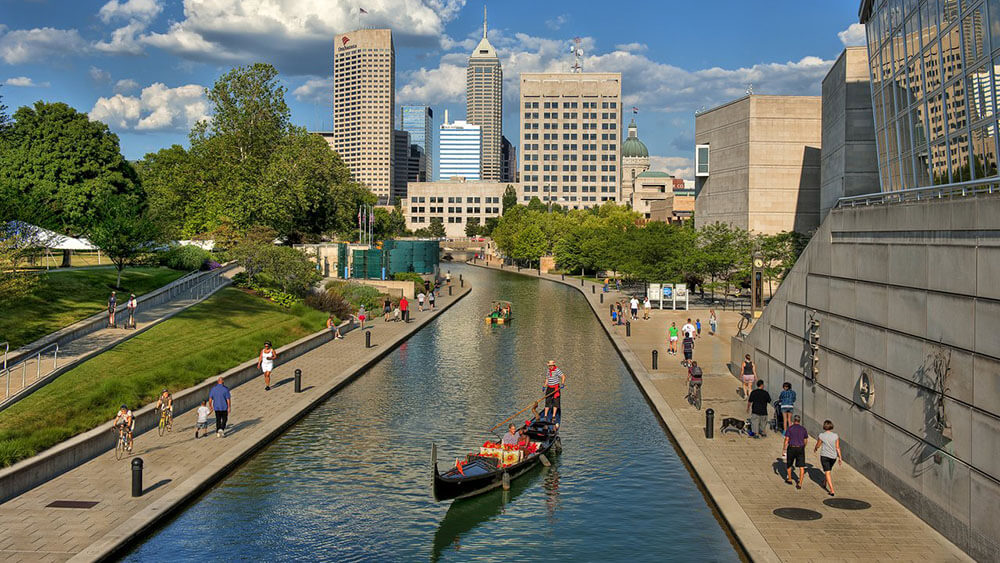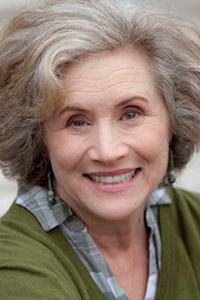
Smaller markets, like Indianapolis, will win more group business because of the perception that they are less crowded and safer, wrote Kerry L. Kerr, a 25-year veteran of the business events industry.
After reading “The Business Events Recovery: Two Different Views,” which contrasts the ways in which trends expert Daniel Levine and special events company owner Kevin Molesworth see the return of face-to-face events in the near future, Kerry L. Kerr, senior director, global accounts for HelmsBriscoe, emailed me to let me know how much she enjoyed the Convene article. “I think,” she wrote, “they both raised some good points.”

Kerry L Kerr
Kerr had recently made some points of her own — 11, to be exact — about the recovery of the business events industry in “Where Do We Go From Here?”, an article she wrote on LinkedIn. Kerr, who has 25-plus years of experience in the events industry, said she spent 2020 “trying to stop the bleeding” and has taken stock of the hotel, travel, and events industry.
In the article, she paints a picture of business events in 2021. Here are some of her insights:
“One thing I’ve noticed over the past year is that clients often decide to cancel their events because it is too complicated to figure out how to hold it. We have to remove the barriers that make people afraid to move forward.” That includes, she said, rethinking hotel contracts “and how we plan meetings, from the ground up.”
Another trend Kerr sees taking shape is that hotel buyouts will become more commonplace in response to concerns about overcrowding. Her hope is that sales departments will gain back more control than they had in recent years, “when revenue management was calling all the shots.”
Kerr foresees smaller markets winning more group business because of the perception that they are less crowded and safer — New York, San Francisco, Las Vegas, and Chicago could become the new “value destinations,” she writes. Another turnaround due to the effects of the pandemic on cities is that those with clean, safe downtowns with plenty of attractions and free or inexpensive public transportation will thrive, Kerr said: “Rural areas and small cities/towns have a huge selling point to people looking to escape the ‘unhealthy’ cities.”
Kerr doesn’t diminish the “upheaval, loss, health concerns, political divisions, crime, and economic uncertainty of the past year,” but she is hopeful that we can shape a better future. “What a wonderful world we could build from the ashes of COVID-19,” she writes, “If we all truly work together.”
Michelle Russell is editor in chief of Convene.
